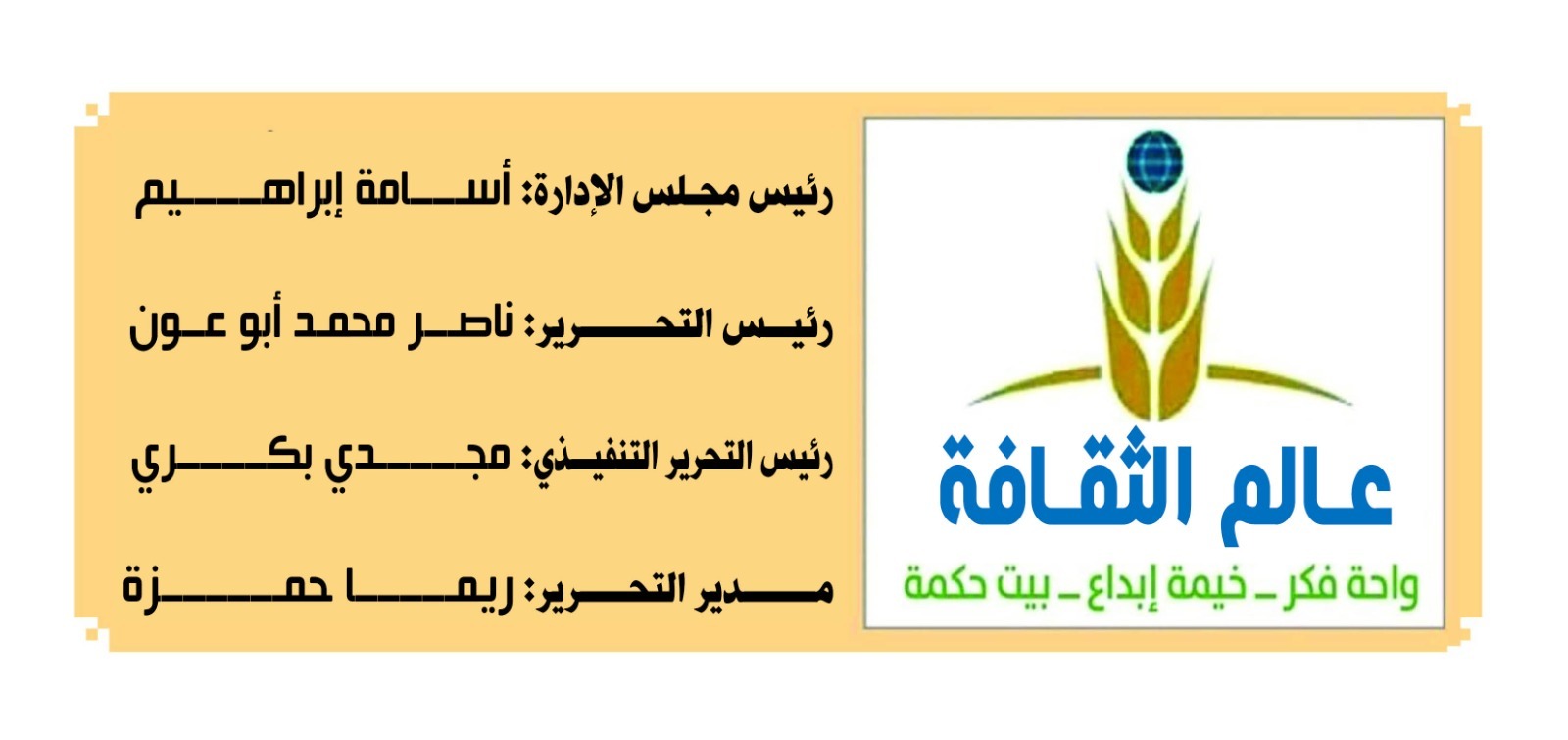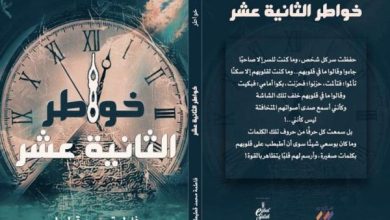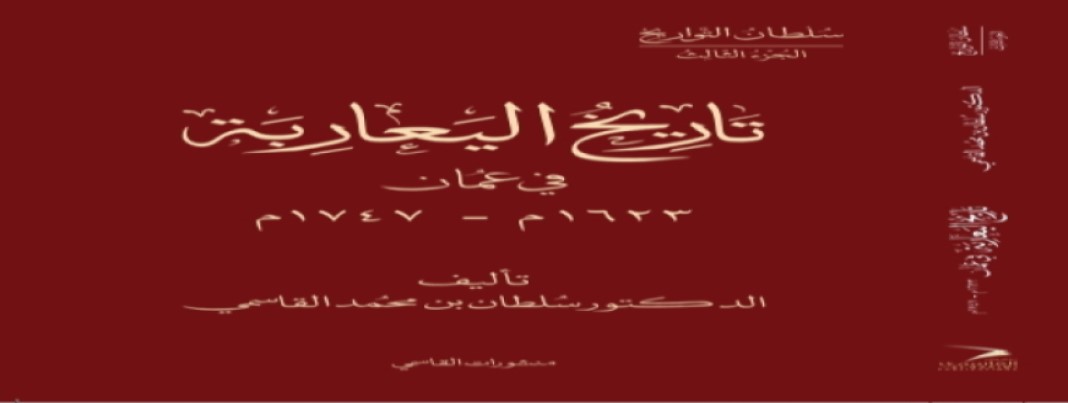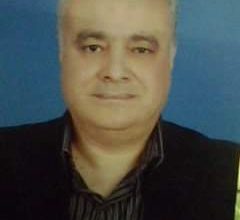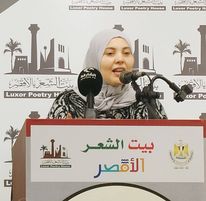The Sheikh of Translators
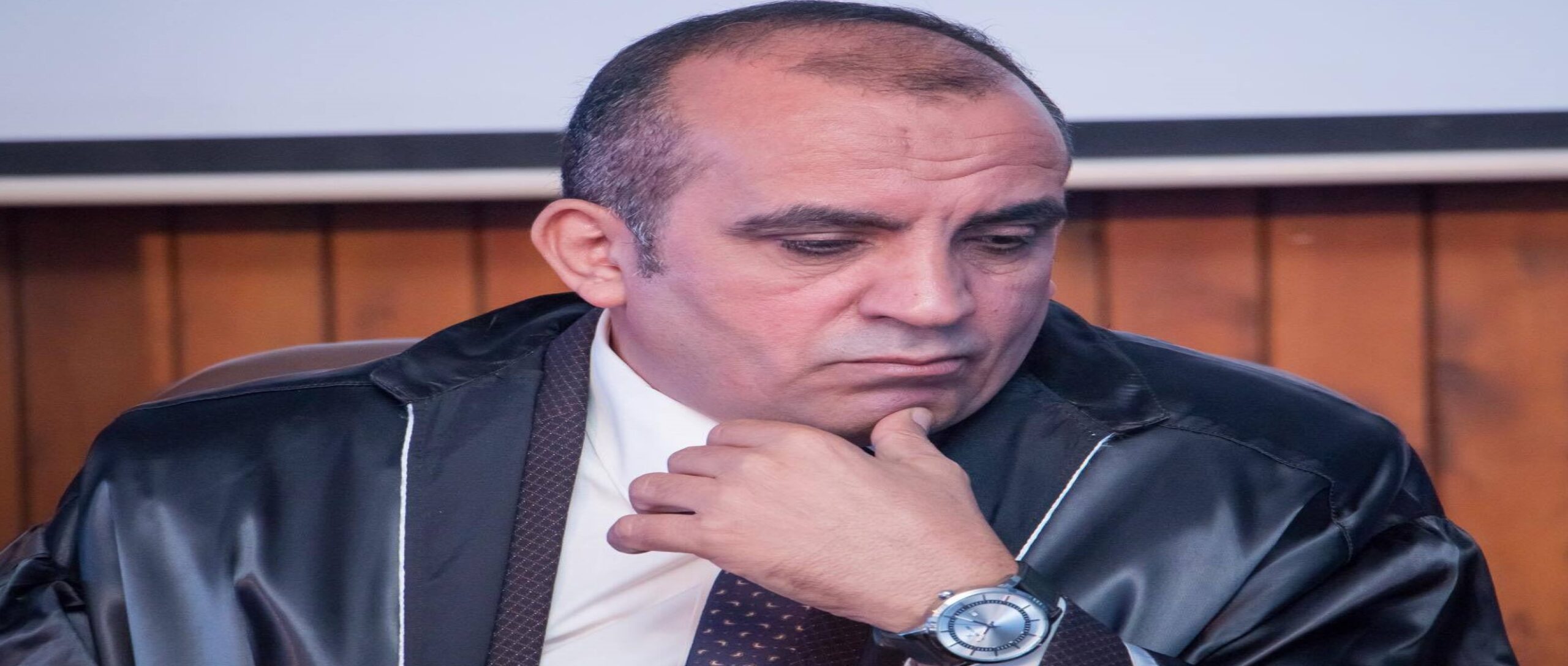
Bahaa M. Mazid
Sohag University | Professor of Linguistics and Translation
Professor Muhammad M. Enani (1939-) has often, quite deservedly, been called “the sheikh of translators”, and less commonly the ʕamiid (“dean”) of translators. The very title raises a large number of issues with many of which Enani himself has often grappled – in some 130 books, in English or Arabic, or both. One issue is whether to transliterate the word شيخ, to literally translate it, or to find a suitable equivalent in English thereof. Transliteration is not always easy. The word can be transliterated as sheikh, shaikh, shaykh, or sheekh – the last one being in colloquial Egyptian Arabic where there are no diphthongs. Transliterating the Arabic sounds ش// and خ// is not unproblematic either – /sh/ and /kh/, occasionally underlined, are common enough, though.
Deciding to translate the title raises a plethora of questions, including whether to domesticate or foreignize – which Enani translates as إضفاء الطابع المحلّي and إضفاء الطابع الأجنبي, respectively. The Arabic word can translate into:
- شيخ/ عجوز “an old man” (typically above 50),
- حكيم “a sage” (“a wise man”),
- شيخ قبيلة “the chief of tribe”, or “tribal chief”,
- شيخ قرية “a village sheikh” (“deputy sheriff”) is the second most prominent figure in Egyptian village governance,
- شيخ (في مجاله) the leading figure in a profession or so, e.g., “chief or shahbandar of traders” شيخ/ شابندر/ شاهبندر التجّار
- شيخ وشيخة (في أسرةحاكمة) a member of the royal family in the United Arab Emirates,
- شيخ (رجل دين) “a religious leader”, “a leading scholar”, “a man of religion”, “Shaikh ul Azhar” – the Grand Imam of Al-Azhar,
- شيخ (رجل دين) a prominent, eminent Muslim scholar, e.g., sheikh-u-Islam,
- شيخ (متديّن) “religiously committed”, “a fundamentalist”, “an extremist”, especially in the last three decades of the 20th century in Egypt,
- شيخ طريقة “a spiritual guide” – “qutb” and “sheikh Tariiqah” is “the leader of a Sufi order”,
- شيخ في مجلس الشيوخ an Arabic equivalent of “a member in the US Senate”,
- Generic vocative used to indicate surprise and disbelief لا يا شيخ ولا يا شيخة – la ya sheikh/ la ya sheikhah – which can be rendered as “man”, “woman”, “you”, or “guy”
Enani is most of the above. He is the most prominent figure in translation in Egypt. He is often referred to by his disciples as Ɂabi (“my father”) and shaikhna/ sheikhna (“our sheikh”). Most researchers in translation are students of his, or students of students of his, He is an intellectual father to and a role model for hundreds of translators and translation scholars in the Arab world.
Opting for sheikh in describing Enani will require a footnote or a gloss to identify which of the senses listed above apply. A foreignizing option could be “the dean/ doyen of translators” – with “Egyptian” or “Arab” often modifying “translators”. One advantage of the transliteration is that it hints to Enani’s commitment to Arabic and Arab culture.
In addition to his contributions to the study of English literature, Enani has contributed to the establishment of Translation Studies in Egypt with a good number of books on translation theory and practice. He translated some masterpieces from English to Arabic, including Milton’s Paradise Lost and Shakespeare’s Hamlet, Romeo and Juliet, The Merchant of Venice, and Julius Caesar, and masterpieces of Arabic literature, including an anthology of post-modernist Arabic poetry, musaafir layl (Night Traveler) by Salah Abdelsabour, a number of verse books by Farouq Guweida (insisting in these and other poetic translations on translating verse into verse, not prose), and Ɂal waʕd al Haqq (Fulfilled Promise) by Taha Hussein, to give a very partial list.
Enani’s Arabic is as elegant and grand as his English. In 1996, he was elected as an expert in the Arabic Language Academy in Cairo. One aspect of his grandeur, then, is his bridging of the gaps between language, literature and translation, and between Arabic and English. This is perhaps one great lesson we ought to learn from “the doyen of translators”. In his autobiographical Egyptian Oasis, Enani laments the separation of language from literature and the “I am a professor of literature, not linguistics” attitude of so many scholars in departments of English and Arabic (2002, p. 219).
